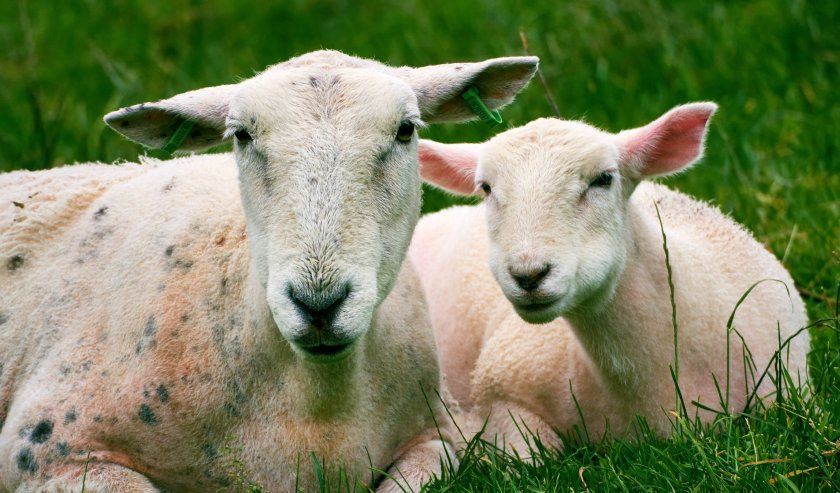
Cases of Schmallenberg virus (SBV) have been rising across the country in recent months, with the NFU urging farmers to remain vigilant for signs of the virus.
From 1 December 2023 to 16 January 2024, a total of 63 cases have been confirmed to the government, with the majority found in stillborn lambs.
To date, SBV has been confirmed in Carmarthenshire, Ceredigion, Cornwall, Devon, Dorset, Gloucestershire, Hampshire and Hereford.
The virus has also been detected on the Isle of Wight, Kent, Leicestershire, Oxfordshire, Pembrokeshire, Shropshire, Somerset, Warwickshire and Worcestershire.
Currently, Schmallenberg is not a notifiable virus, meaning that positive cases do not need to be reported to Defra.
The last wave of SBV occurred between 2016-17, where over 200 cases were confirmed across sheep and cattle holdings in Britain.
In new advice issued today, the NFU said farmers should remain vigilant for signs of disease and report any suspicions to APHA or their private vet.
"Cases of Schmallenberg have been rising across the UK since autumn 2023," the union explained.
"If possible, farms could consider moving the timing of mating until later in the year to avoid the risk of infection."
An insect borne viral disease, it is spread by biting midges, affecting all ruminants and camelids.
Symptoms in adult cattle include fever, milk drop and diarrhoea, and can also be the cause of late abortion or birth defects in new born cattle, sheep and goats.
It does not affect humans or food safety; meat and milk from infected animals are also safe to eat and drink.
The virus often spreads very quickly – disease can last between 2-7 days, after which immunity is formed. Currently, there is no vaccine available.
The NFU explained it is is likely that SBV last circulated during the 2017-2018 mating season.
"In the UK, we are on the edge of the SPV endemic zone, where we tend to see explosive outbreaks every couple of years, reflecting a cycle of every 3-5 years when we have naïve animals exposed to circulating virus."
It added: "If you are in need of help or support in the aftermath of a Schmallenberg infection on farm, there are a number of farming organisations that can help."
The NFU pointed to farming charities and support organisations such as Farming Community Network, Forage Aid and RABI.
The union's CallFirst helpline is also available for advice on farming, legal or technical issues - on 0370 845 8458.
